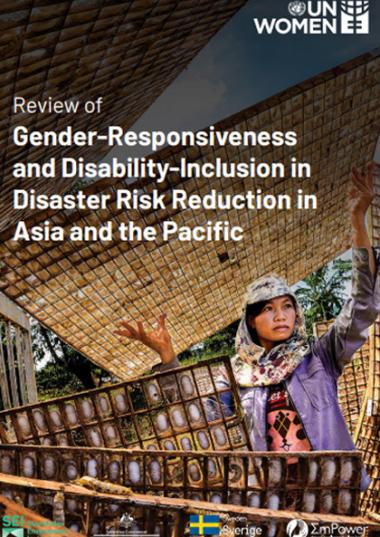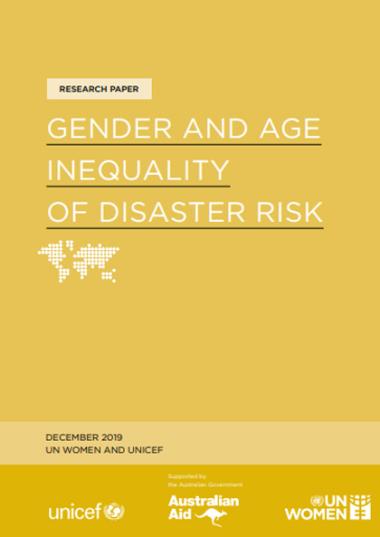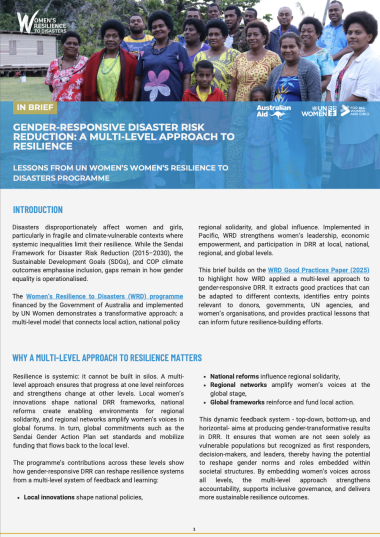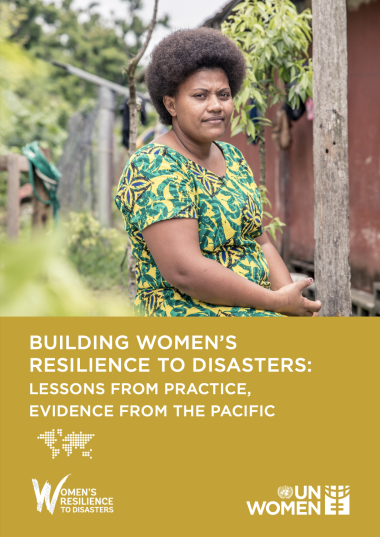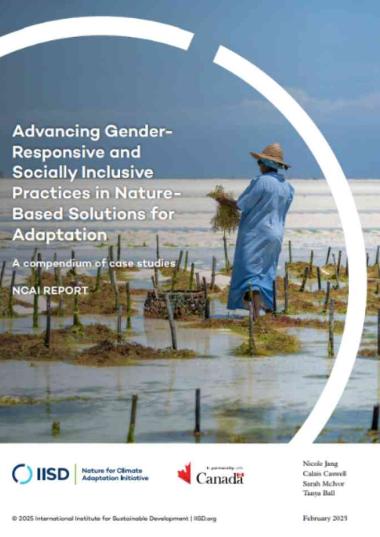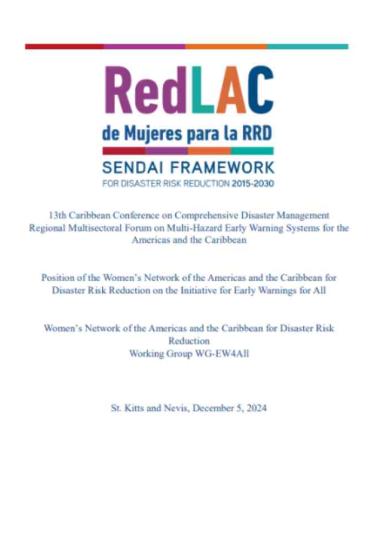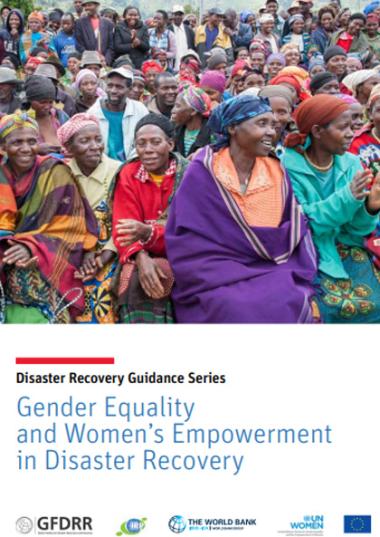
Towards Gender Equality and Women’s Leadership for Resilience to Disaster Risks in Latin America and the Caribbean
January 2022
The impact of disasters is experienced differently by different people. Factors such as gender, age, life in an urban or rural context, belonging to a native or Afrodescendant people, access to education or social protection mechanisms significantly influence people’s knowledge and ability to prepare and respond to disaster risk. This, in turn, impacts the ability of individuals to mitigate their vulnerability to a potential disaster, take action to prevent it, or learn how to react to an actual disaster.
This reference document was developed in preparation for the 66th period of sessions of the Commission on the Status of Women (CSW), which will be held in March 2022 with the priority theme “Achieving gender equality and the empowerment of all women and girls in the context of climate change, environmental and disaster risk reduction policies and programmes”. The objective of the document is to inform intergovernmental discussions that will take place during the Latin America and the Caribbean Regional Consultation prior to the holding of CSW66, around the following topics:
- Identify the scope of inclusion of the gender approach and the empowerment of women in the context of DRR in the region;
- Analyzethecurrentsituation,achievements, and challenges in the region regarding:
- The knowledge necessary to develop policies and programmes to promote gender equality and the full participation and autonomy of women and girls in disaster risk-informed development processes (including sex-disaggregated data);
- Existing DRR governance and accountability mechanisms to analyze proposals to strengthen them with a gender perspective;
- The state of investments in DRR policies and actions with a gender perspective and the full participation of feminist and women’ organizations; and
- Develop guiding principles and evidence- based action-oriented recommendations based on good practices and lessons learned in the region, to achieve gender equality and the full participation and autonomy of all women and girls.
